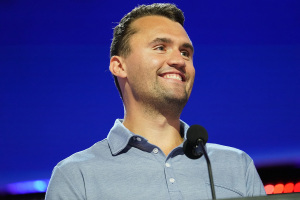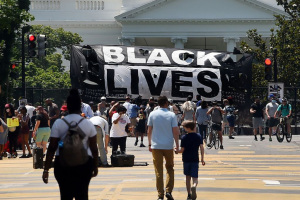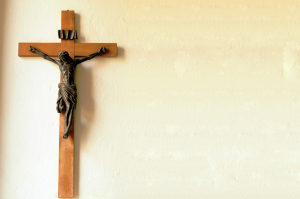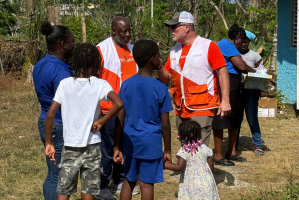Apologist shares how he overcame doubts, found his way back to Christ
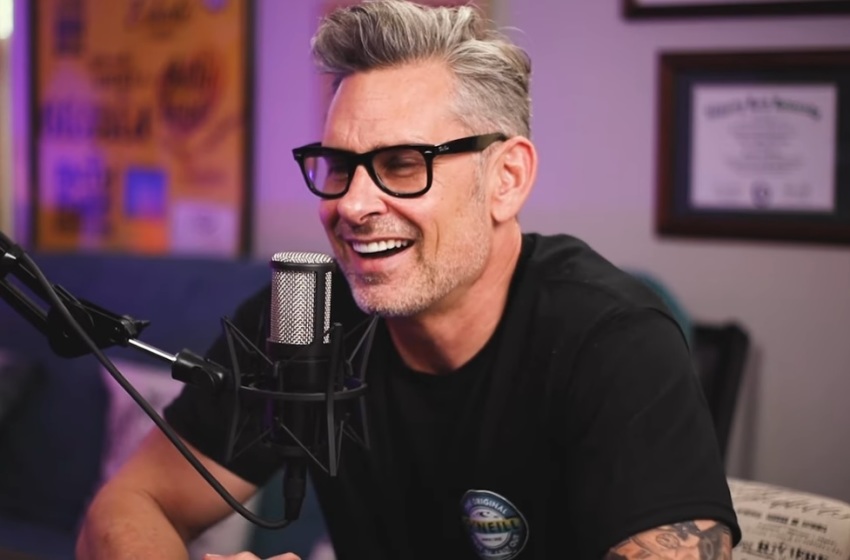
A Christian apologist shared how he overcame doubts and found his way back to believing in Jesus Christ amid unanswered questions about his faith.
In an episode of the "Challenging Conversations" podcast, Pastor Jason Jimenez spoke with Bobby Conway, known for his One Minute Apologist website, about doubting Christianity.
Conway, who served for 15 years at Life Fellowship Church in the suburbs of Charlotte, North Carolina, said that he never imagined wrestling with doubts in his faith when he first became a Christian at age 19. He thought he was immune to doubt, saying he was "an absolute zealot" at first.
"Typical of that honeymoon season falling in love with Jesus, I had a great zeal for the Lord," Conway recalled. "And so, if somebody was struggling with doubt, I would have thought, 'well, what's wrong with this person? They must not love God. There must be something really off.'"
"But the further I kept growing in this Christian faith, and the deeper I kept going into it as it relates to studying philosophy and apologetics, I started to bump into some questions that I had a hard time resolving myself."
Over time, Conway said he began to think about certain questions: "What does it mean to have a comprehensive worldview? What are the future challenges that are going to come against us as Christians? What type of challenges will the atheist bring up? What type of challenges will the Muslim bring up?"
As time progressed, Conway said his desire for immediate answers grew and took a toll.
"I just wanted those questions answered. So it was very simplistic, but what I found is there was a lot of complexity to some of the questions that were challenging me, and I was reading a ton. I was studying a ton," Conway said.
"But for every book that I tried to read to chase down the answer to my doubts, I would collect 10 more questions and more doubts, and the snowball kept growing."
By the time he entered seminary school at age 27, Conway said his doubt was at an all-time high as he continued to yearn for more detailed wisdom to answer his theological inquiries.
"That's when I really started getting hit with some true doubts. I was taking the Gospels … and we were looking at the Synoptic Gospels, and I was struggling, trying to reconcile some of the accounts together. I figured out how to work through that. And then, I would go on, and [the questions] would quiet down," Conway recounted.
"But like that game at Chuck E. Cheese called whack-a-mole … I would whack the mole, and then boom, another one would pop up. I just felt like my whole Christian life was just whacking moles, whacking moles, whacking moles, and I was getting exhausted by the different questions."
The differing levels of doubt were an ongoing struggle for Conway throughout his seminary years. Even after graduation, when he became an apologist and pastored what he described as a "thriving church," he still secretly battled doubts.
"And now, I'm really beginning to doubt to a point where I'm wondering if I'm going to be an apostate. And that was very challenging because, Jason, I can honestly say I hated my doubts," Conway said.
"I was not like this guy that was deconstructing, so to speak, and wanting to be fully deconstructed. I was not this guy that wanted to go and be a progressive Christian. I did not want to move beyond my doubts to just finally come to this self-enlightenment effect."
Conway continued to pastor his church despite his doubts. He remembers speaking to God and saying: "God, I'm struggling to believe this. I'm wondering if you are there. Please know that my heart hates these doubts."
"I was so depressed. I had suicidal thoughts. I ended up in counseling. I ended up on antidepressants. I was suffering because I didn't know how to live," Conway recounted.
"I thought: 'What if I've been duped?' I gave myself to this Christian worldview? I threw myself all in it, prepared myself for ministry, and now, my brain is producing questions way faster than I can track down the answers to."
Amid tremendous pressure to continue running his apologetics and pastoral ministry, Conway began to feel as though he was being hypocritical to his congregants.
"I felt like a sham, but I didn't want to. I was just trying to genuinely work through stuff. And it was absolutely vexing in the deepest kind of way. And the reason it was so vexing to me is because of how meaningful Jesus was to me. It was like the most important relationship I ever had in my life was gone. I didn't know where He went. I didn't know what about all these amazing moments we had, and I've been duped," Conway said.
"And it was the thought of, 'Wow, I got my life clean and sober when I was a kid, threw my life into Jesus, thought this was the realest thing ever, and now, the thing that I thought was most real, was I duped?' And that was very, very hard to digest and live with."
About five years ago, Conway said, "God, in His grace, absolutely broke into my dark night of the soul" and removed his doubts. Conway viewed that season of doubt as a positive.
"The deep doubt that I was experiencing, I really feel like God used that season because those doubts can be the making of an apologist. And so, it got to a point when I was in that agony that I had to imagine how to live again. If I wasn't going to be a Christian, where do I go? And so I would envision, 'Well, what if I was an atheist? What if I was an agnostic? What if I was a Buddhist? What if I was whatever?'" Conway recalled.
"And I would think about what it would be like to live in that worldview and what type of questions and doubts that I would inherit. And then, I would just try to resolve those, and when all was said and done, it was like I broke out, and it was like Christianity seemed like the greatest, and the most strongest, and the most beautiful and the most wonderful worldview of them all."
"It was like, 'Wow, God, You didn't leave me, You didn't abandon me. You really were there,'" he added. "It meant so much to me because I just felt like I fell in love with Him again."
Conway said that the "way out" of his doubt "was the way into Christianity."
"It was having faith like a child again," he described. "My relationship became a Q+A session with God, and my heart got detached from the process. I lost my way in the journey. Doubt is not a Christian problem. It's a human problem. In the absence of certainty, there is always going to be room for doubt. The question is which worldview best closes the doubt gap. All of a sudden, I was able to realize that, 'Why do I always feel like I have to be on the defensive as a Christian? The atheist has to give answers, too.' ... We're not alone in this endeavor. It was just so freeing."
Nicole Alcindor is a reporter for The Christian Post. She can be reached at: nicole.alcindor@christianpost.com.















